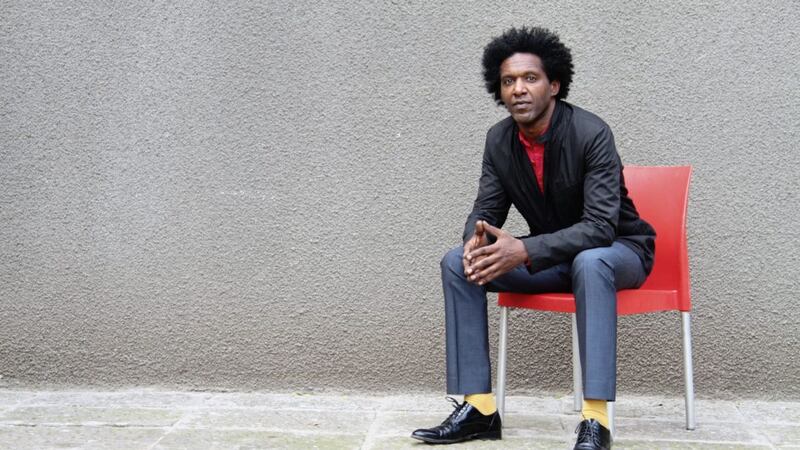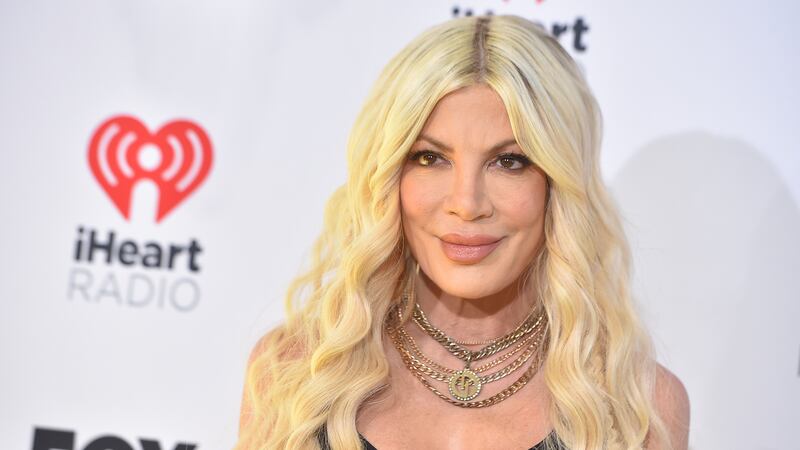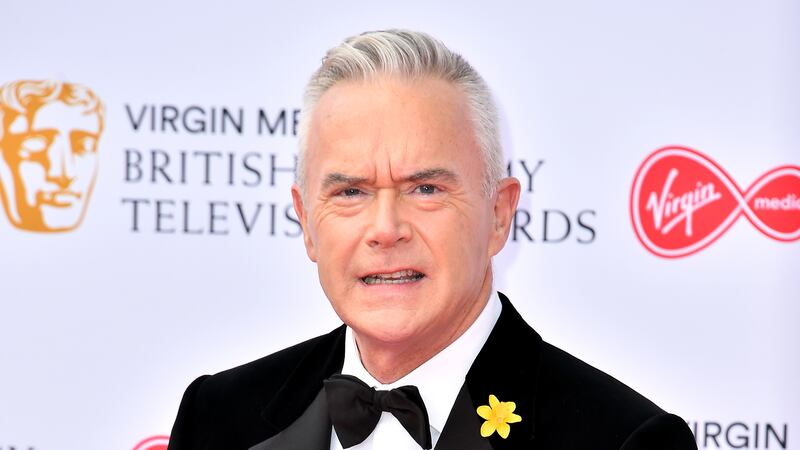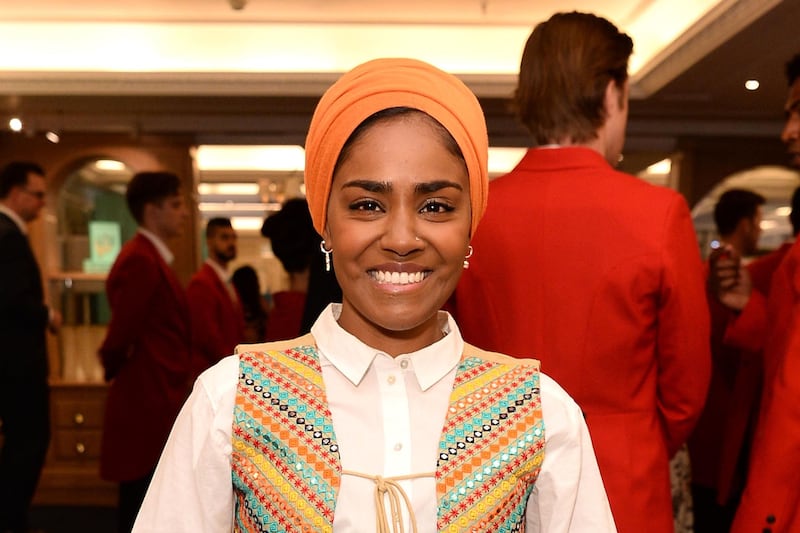LEMN Sissay was born in 1966 to a young Ethiopian woman who asked for him to be temporarily fostered while she completed her studies in England. Instead, a social worker told a deeply religious white family to treat it as adoption and he was brought up believing his name was Norman Mark Greenwood.
At the age of 12 his foster parents sent him to a children's home and told him never to contact them again. Meanwhile, his birth mother continuously wrote anguished letters pleading for his return. Leaving care at the age of 17, Sissay was given his birth certificate and eventually tracked down his family.
While Sissay's early years of rejection left him with emotional scars, the experiences helped shape him as an artist. Author of several books of poetry, the latest of which is Gold from the Stone, alongside records, public art and plays, he beat Peter Mandelson to the role of Chancellor of the University of Manchester in 2015.
This weekend you will be speaking at Belfast's Out to Lunch Festival. What can we expect?
I will be reading my poems and speaking about my life and extraordinary places it has taken me. I've been coming to Belfast for 20 years, since I first did a residency at the Crescent Arts Centre. It's one of my favourite places in the world. I love the complexity of the place. There is incredible depth of culture and knowledge and equally it's incredibly parochial. Northern Ireland is a live event – it may at times be lost in nostalgia, but it's not trapped in it.
Forgiveness is a big part of your poetry and work, but do you not still harbour feelings of anger and jealousy over your lost childhood?
When I was a glue-snuffing teen and tatooing my arms in the children's home my siblings were at international private schools, because my mum works for the United Nations. They were enjoying horse-riding and flight lessons. I'm not jealous, but I know what anger is. It's a pivotal emotional chemical. It is a force not to be shied away from, but to be used. The only problem with anger is it's that volatile a compound that if you are not careful it is you who it will consume. I've come to know that forgiveness is actually as important as anger itself. Forgiveness is not the property of religion; it's the property of humanity.
Have you any advice for young people on how to cope with their anger?
I don't see forgiveness as a compromise or as selling out. You can still be angry and forgive. People work through things in their own way, but what I would say is that art is one of the most powerful expressions of truth without borders and boundaries. If an alien was to come to Northern Ireland it would learn more about its people and how they feel through reading their poems than by reading a census or political manifesto.
Have you a go-to poem you read to help you through tough times?
The Rime of the Ancient Mariner by Samuel Taylor Coleridge is the poem that says everything to me. It makes a whole lot of sense about life, living, conflict, inner turmoil and outer peace.
What are your plans for 2017?
The US release of Gold from the Stone, my play Refugee Boy, an adaptation of Benjamin Zephaniah's novel, will be performed by Chickenshed theatre company in London and I've a few television and radio projects on the go.
You've been official poet for the FA Cup and the 2012 Olympic Games – are you a big sports fan?
No, but what I love about sport is that it unifies people. It's a place where people are given permission to emote their hatred of the other and then walk out arm in arm. That can't be a bad thing.
Your Desert Islands Discs programme was BBC Radio 4's Pick of the Year in 2015. If you could choose just one more song, what would it be?
The Island by Paul Brady. It's pure poetry and says everything about why art can describe conflict better than anything else.
:: Lemn Sissay plays Belfast's Black Box on Sunday January 22 at 2pm as part of The Out to Lunch Festival. For tickets and full festival programme visit cqaf.com








